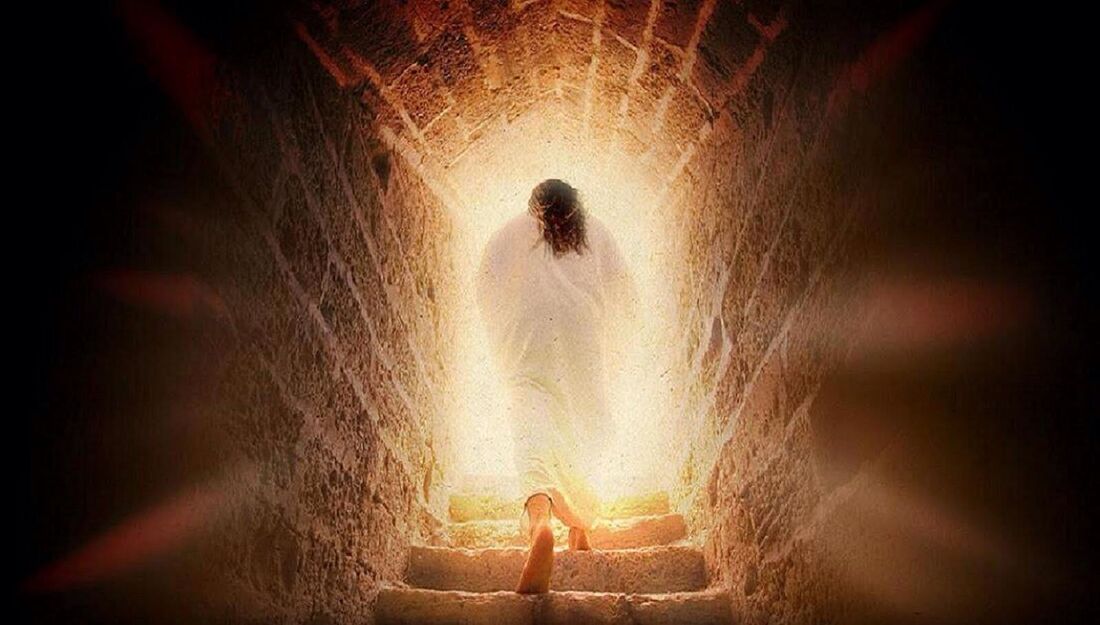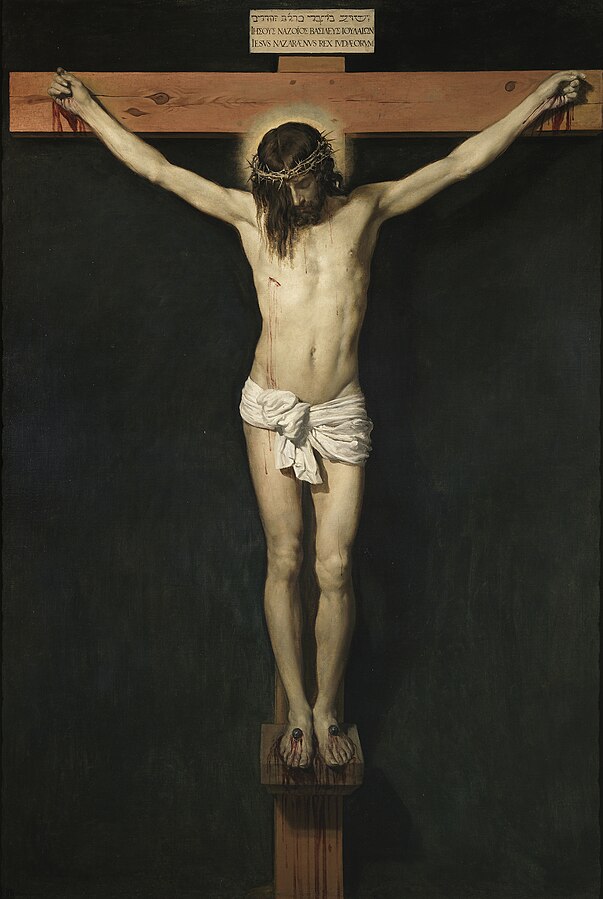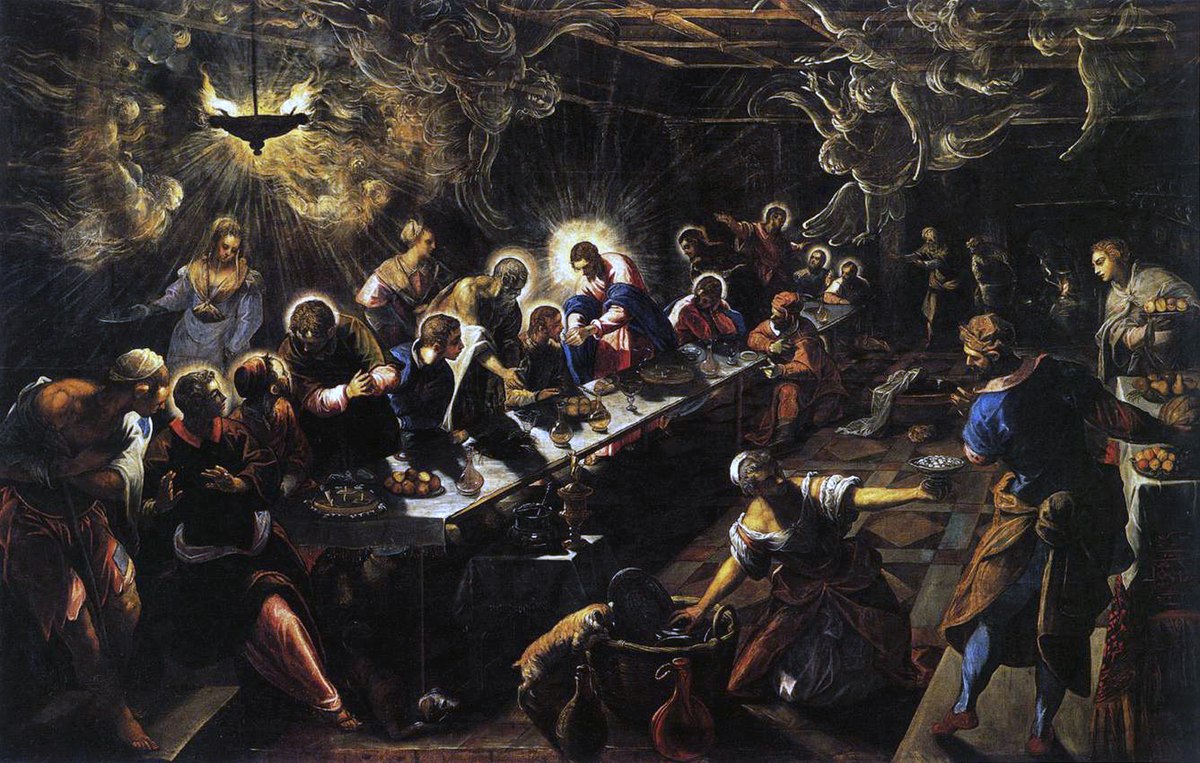“I can philosophize myself free from philosophical materialism quite easily; and so, I dare say, can you. . . ,” Barfield remarks in History, Guilt, and Habit, but that does not mean we are free of its influence:
after we have done the philosophizing and gone back to ordinary life, the materialism is still there in our very instruments of thoughts, and indeed of perception: it signifies that it is there in the meanings of the words we speak and think with, and notably so in the commonest words of all--words like “thing,” “life,” “man,” “fact,” “think”, “perceive," and so on. It is not merely a habit but an ingrained habit. It is even what we call “common sense.”
Barfield’s main point is that positivism/materialism is deeply ingrained in modern man’s consciousness, so deeply that even the most spiritually motivated and inspired thinkers remain within its clutches, often without their conscious knowledge.
Dr. Charlton, who has addressed the theme repeatedly, defines R.U.P in the following way:
Owen Barfield invented the term Residual Unresolved Positivism (RUP) to refer to a Positivist attitude which persisted unconsciously, unknown, and against the will of the person who held to it.
Positivism is the (usually implicit) belief system that all valid knowledge comes via the senses (and not, for example, from revelation or imagination) - it is sometimes called Scientism and is the metaphysics which is mainstream in modernity - although usually only articulated by scientists with a bent for philosophy.
Residual Unresolved Positivism is definitely a problem, but there is an even bigger problem plaguing contemporary Western man, and that problem is Blatant Unchallenged Positivism or B.U.P.
Unlike R.U.P., there is nothing residual, unconscious, or unknown in B.U.P.
Blatant Unchallenged Positivism is positivism that is consciously embraced and promoted with the full support of an active will that regards all knowledge not coming via the senses as subordinate or, more frequently, utterly invalid.
Blatant Unchallenged Positivism is the default setting for most leftists and all materialists. However, it also appears to be the preferred perspective of many who refer to themselves as Christian, which, needless to say, is a catastrophe.
I will develop the theme further in the next post.
Note added: It is probably more accurate to say that B.U.P. used to be the default setting for most conventional leftists and materialists, but I would argue that most contemporary leftists and materialists have abandoned science, empiricism, and common sense and are actually in the throes of Blatant Unchallenged Whatever B.U.W., leaving B.U.P. to so-called Christians enamored by "reality", empiricism, facts, science, and "common sense".







 RSS Feed
RSS Feed

